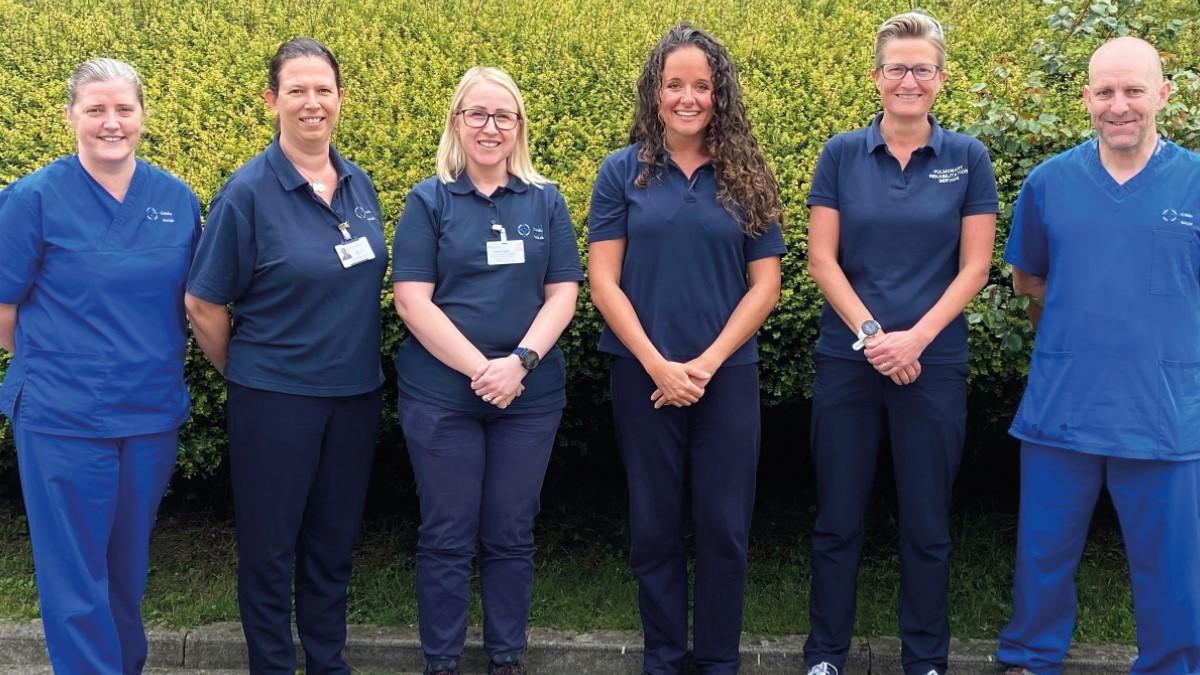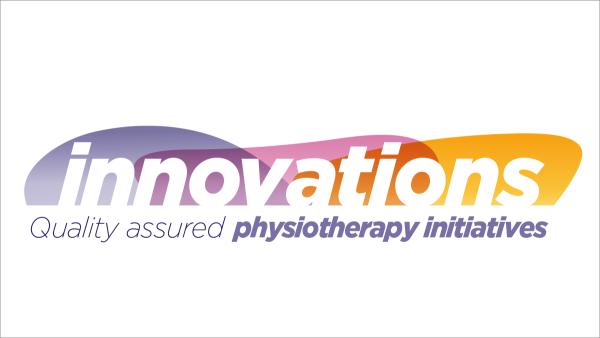Find out more about our innovations database. Read on...

“COPD admissions are costly for the NHS and patients alike, but are avoidable by effective preventative care.”
This statement became the mantra for transformation in the COPD team at Swansea Bay University Health Board. Jade Bazylkiewicz and colleagues submitted work not once, but twice, to the Innovations in Physiotherapy Database, most recently in 2021.
The COPD Team at Swansea Bay University Health Board have developed a timely and cost effective service that leads to a greater proportion of the COPD population receiving appropriate care, in the right place at the right time. The benefits have included cost savings, reduced length of stay (LOS), improved patient flow, admission avoidance and improved patient outcomes.
Jade summarises the transformation journey thus:
Increasing staffing leads to greater referral numbers and has the potential to achieve significant outcomes. Providing rapid proactive care at the right time, in the right place and by the right MDT is key to effective COPD care.
In 2017, the team described their Early Supported Discharge service offer on the Innovations in Physiotherapy Database.1
Owing to the positive outcomes of their early work, the team secured additional staffing of a physiotherapist, exercise technician and occupational therapist. This increase in staffing has allowed the team to pursue advanced activities such as independent prescribing, spirometry, phlebotomy and capillary blood gases. This skill set enrichment has reduced burden on other healthcare services, and the burden of additional appointments for the people experiencing COPD exacerbation. In addition, since July 2021, the service has accepted referrals from the Welsh Ambulance Service as part of increasing their admission avoidance offering.
The impact of the service is clear. Jade reports that back in 2016/17 the COPD team received 389 referrals. This has now increased by 73 per cent to 674 for 2019/20 and an impressive 93 per cent of those referrals are seen within one working day.
The average local LOS for a person experiencing COPD exacerbation was 8.33 days. Those benefitting from COPD Team EDS, had a reduced length of stay of 4.2 days, saving 4.13 days per patient, per admission.
Not only that, the three month readmission rate was 12.5 per cent compared to the national average of 43 per cent2, representing a huge cost avoidance and reduction in secondary care burden.
Over two thirds of those people in the community who were referred by their GP to the team because they were experiencing an exacerbation avoided admission to hospital.
A blended offer
Receiving the EDS support, 96 per cent of people experiencing COPD exacerbation reported a reduced disease burden on the COPD Assessment Test (CAT). Similarly, 82 per cent experienced an improvement in quality of life on the EQ5D5L and the visual analogue scale (VAS) score measuring perceived health status improved in 94 per cent of people.
After stabilisation of COPD symptoms, a six week home exercise programme (HEP) is offered with the technician. Outcomes improve beyond that achieved after clinical and self-management interventions.
After a HEP, 95 per cent of patients experience a further reduction in disease burden (CAT). Further, 78 per cent have improved quality of life (EQ5D5L) and 90 per cent further improve their VAS score.
Making the money work
Over a four month period the service delivered £76,786 through reduced LOS and admission avoidance activity. The cumulative potential cost avoidances from December 2016 to March 2020 are £21,0871 for LOS/bed days savings and £657,262 for reduced readmission and admission avoidance. Total service cost avoidances for the same period are £868,133. These financial estimations omit savings from reduced emergency service use, GP appointments and wasted medication.
Top three learning points
- Effective COPD management arises from MDT working – boundaries are blurred to create holistic, person-centred care, united under shared values and visions.
- Plan your service, review regularly and collect impactful data that can be used to drive your business case.
- Providing domiciliary COPD care is safe, effective, economical and preferred by patients. Staff and patients together are best placed to find their own solutions to challenges.
Author’s reflections
‘Promoting your work and networking is important to highlight your service and the benefits it can bring to patients. Staffing infrastructure must be there to support the increased interest and referrals it generates. It is possible to achieve this through reallocation of existing resources when you combine good quality performance data with excellent “can do” management support.’
Interested in innovating?
Check out the Innovations in Physiotherapy database for more practical examples and guidance on how to submit your own work.
1: COPD early discharge service
2: RCP (July 2020) www.rcplondon.ac.uk/copd-outcomesreport National Asthma and COPD Audit Programme (NACAP) 2020. COPD clinical audit 2018/19. Accessed 19/11/2021.

Find Out More
Number of subscribers: 1




































